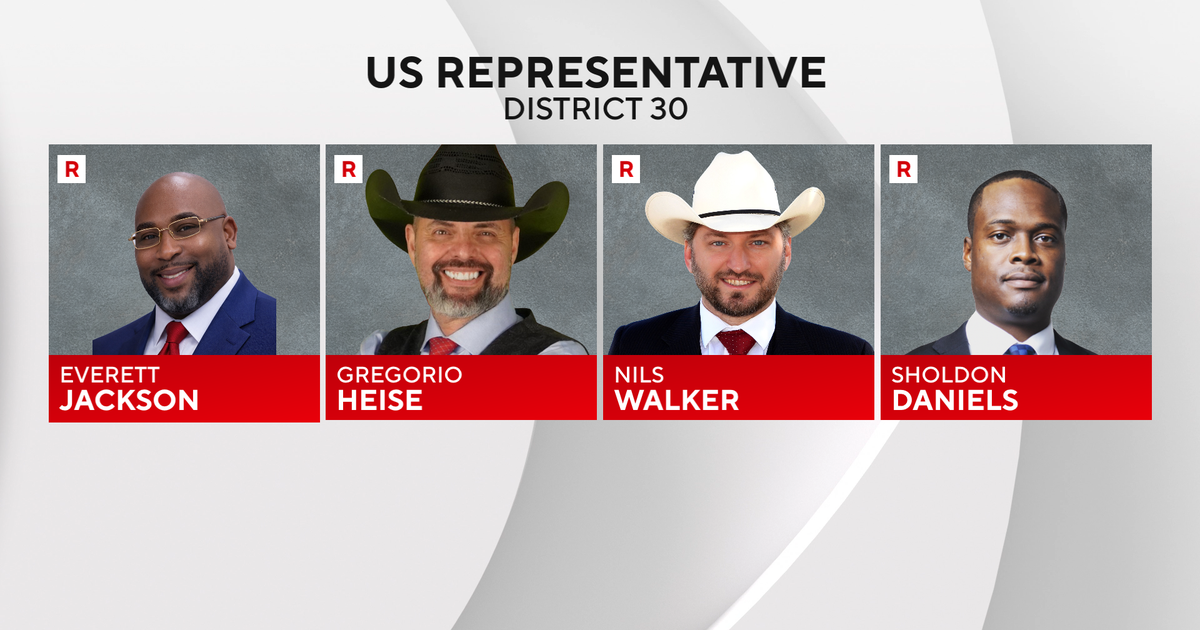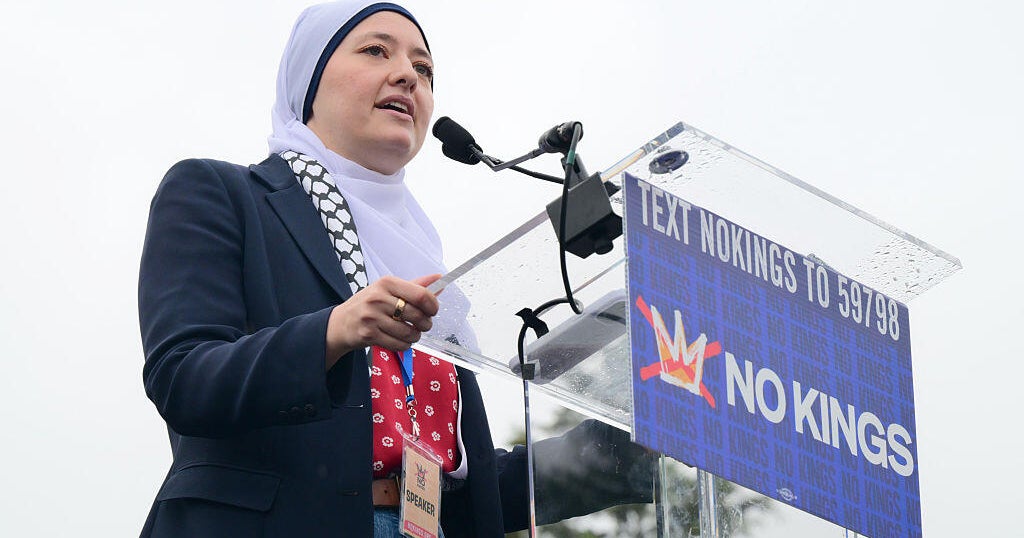Newly naturalized Latina U.S. citizen ready to cast her vote in November
A recently naturalized citizen who has lived in the U.S. for nearly 30 years is eager to exercise her right to vote in the upcoming November election.
For Maria Corrales, the stakes couldn't be higher. And the opportunity to vote is something she doesn't take lightly.
"For me, it's going to be very important to vote for the right person who truly wants to help the community," Corrales said. "Right now, the candidates seem focused on highlighting their differences. But they should be focusing on how to help the citizens, because we have several issues related to housing, healthcare, and education."
Corrales is part of a larger conversation happening at Amigos de Guadalupe, an organization in East San Jose where she works. This community-focused organization not only provides resources for immigration and housing, but also spreads the word about the importance of the Latino vote.
According to Amigos de Guadalupe Director of Operations Misraym Mendoza, voting is crucial, especially in a community where participation rates are low.
"The most important thing we need to do is vote," Mendoza explained. "We have a very, very low percentage of people who are able to vote here in East San Jose, but they don't vote. It's because they think their vote doesn't matter. But we're here telling them that it does matter, because they're voting for people who can't vote."
The fear of deportation, a concern for many Latinos in the U.S., continues to influence political engagement. A 2018 Pew Research Center study found that about 55% of Latino adults worry that they, a family member, or a close friend could be deported.
This anxiety, combined with the growing sense of urgency around political participation, has led to record-breaking voter turnout. In the 2020 election, 16.6 million Latinos cast their votes, accounting for 13% of the total electorate. With upcoming elections, the Latino vote is expected to be pivotal, with more citizens, like Maria Corrales, feeling the need to protect their communities.
"When I was here undocumented and had my young daughters, I always had that fear that it would happen to me," Corrales shared. "I would see families torn apart and children taken by the system."
For Corrales and many others, voting goes beyond politics. It's about protecting their families, supporting their communities, and fighting for their way of life.



